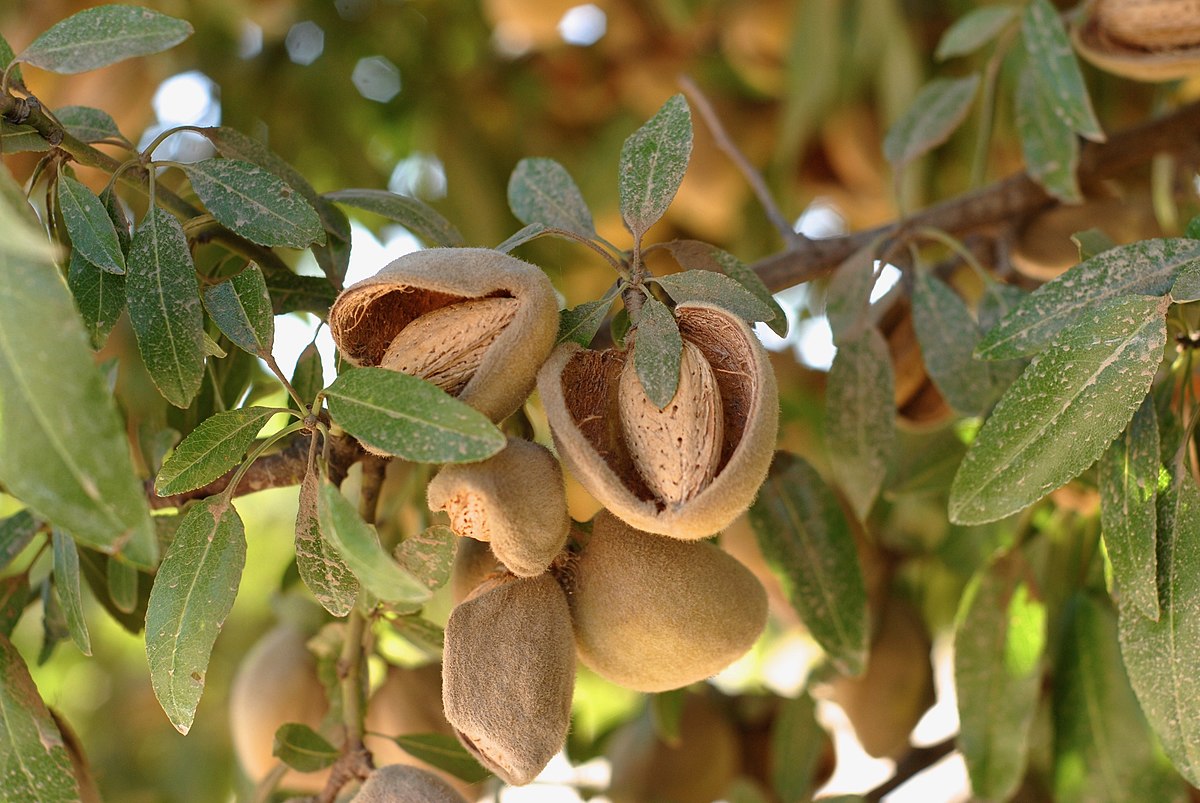



Article by: Hari Yellina (Orchard Tech)
Even though Covid 19 is retaining its power to spread anarchy throughout the world, almond shipments are still being carried out at full speed. Though there have been times where the pandemic has threatened to slow down this industry, the officials have not allowed it to completely consume it. Hari Yellina, of Orchard Tech, agrees that the past 18 months have sent a mixed message in the world of almonds. Nevertheless, the prices of the producers have remained less than the ideal even though the volume of almonds were consistent. Currently, there is an optimistic outlook as the almond shipments are being dealt with.
The pandemic had initially thrown the entire world into chaos and turmoil. The almond shipments had slowed down greatly, and the supply chains had to adapt to a completely different landscape. Additionally, there were a great many port delays that kept the problem ongoing for the agricultural and horticultural sectors. Transportation challenges still seem to be posing hurdles for almond shipments. Nevertheless, the demand for almonds ensures that the export markets remain operational even at times like this. Therefore, the export market is looking at positive outcomes for the future.
Although almonds are not native to California, a hot, dry Mediterranean climate and developed water infrastructure create ideal conditions for commercial cultivation of the crop. The state produces 80% of the world’s almonds and 100% of the United States’ commercial almond shipments. Almonds are California’s most valuable export crop. Farmers exported $4.5 billion worth of almond shipments to foreign countries in 2016, about 22% of the state’s total agricultural exports. The majority of these exports went to the European Union, China and India. While the EU is the largest consumer, the latter two countries are expanding markets where the state’s Almond Board has actively marketed the nuts as a healthy snack.